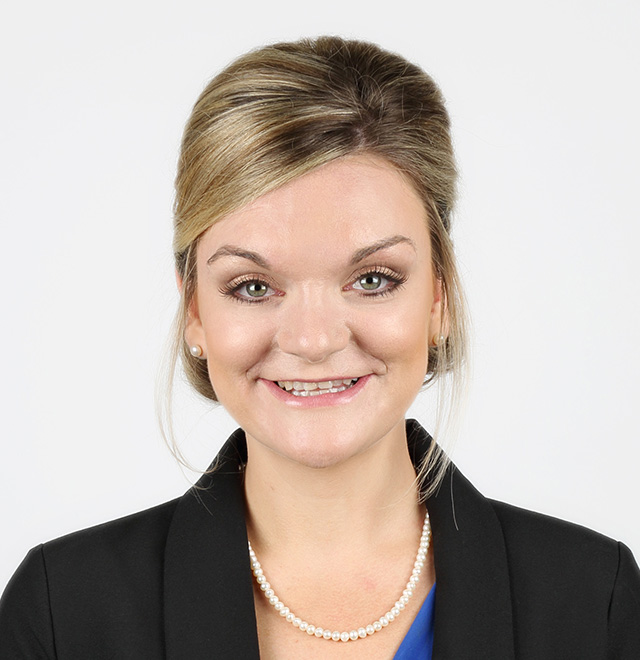
23 June 2020
Last week, the European Parliament (following the Economic and Monetary Affairs Committee’s proposal) approved “quick fix” amendments to the Capital Requirements Regulation (CRR), to provide temporarily favourable conditions for banks to support credit flows to companies and households and to absorb losses, mitigating the economic consequences of the COVID-19 pandemic.
The full changes to the CRR can be found here. The amendments are wide-reaching and mostly focus on lending and capital management, but we have drawn out the specific impact on remuneration below, which is included in the amended recitals to the CRR:
- The European Banking Authority, the European Central Bank and other competent authorities have already issued recommendations for institutions to suspend dividend payments and share buybacks during the COVID-19 pandemic (we previously reported on this here).
- To ensure the consistent application of the above recommendations, the CRR now reminds competent authorities that they should make full use of their supervisory powers, including powers to impose binding restrictions on distributions for institutions or limitations on variable remuneration, where appropriate, in accordance with the Capital Requirements Directives.
- Based on the experience from the COVID-19 pandemic, the Commission should assess whether additional binding powers should be granted to competent authorities to impose restrictions on distributions in exceptional circumstances.
Tapestry comment
Generally, the wider amendments to the CRR were drafted with the aim of increasing the capacity of financial institutions to lend and to absorb losses related to COVID-19, whilst still ensuring the continued resilience of the sector. This is a positive step to mitigate the economic downturn resulting from the impact of the pandemic.
The specific amendment related to remuneration detailed above is consistent with the direction of travel in the EU, with national authorities already issuing requests to financial institutions to only make prudent distributions of capital. The European Commission's Temporary Framework (see our previous alert here) also limits the ability of companies benefiting from state recapitalisation from making distributions. Now, under the amended CRR, the potential for competent authorities to impose further binding restrictions on distributions and variable remuneration payments has been encouraged further, which may lead to an increasingly stringent approach.
The amendment set out above is, for now, only a recital to the CRR, meaning that it is not legally binding, and competent authorities are not obligated to impose further restrictions. That being said, the full impact of COVID-19 is still unknown, and competent authorities may decide to utilise these powers if they wish. Should this occur and a more heavy-handed approach of regulating distributions and variable remuneration is taken, we will provide you with an update.
If you have any questions about this alert, or if you would like to discuss your remuneration structures more generally, please do contact us.
Sally Blanchflower










